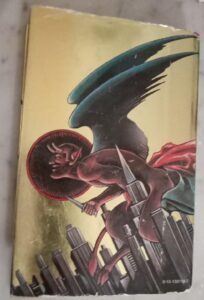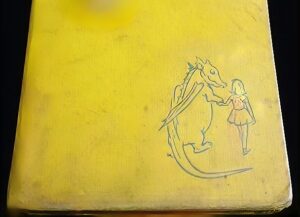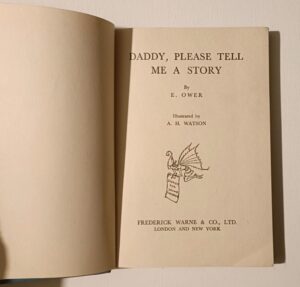Not Now, Bernard: A Masterpiece of Melancholy and Neglect
David McKee’s Not Now, Bernard stands as one of the most profound and unsettling children’s picture books ever written—a deceptively simple tale that cuts to the heart of childhood alienation with surgical precision.

Published in 1980, this 32-page masterwork has endured for over four decades not merely as entertainment, but as a haunting meditation on parental neglect, identity displacement, and the monstrous consequences of emotional abandonment.
It’s a story that devours its own hero, or pretending one, as the narrative unfolds with devastating simplicity: Bernard, a young boy seeking attention from his perpetually distracted parents, warns them of a monster in the garden that intends to eat him. Their response—the titular “Not now, Bernard”—becomes a mantra of dismissal that echoes throughout the book with increasingly sinister undertones. When Bernard ventures into the garden and is promptly consumed by the monster, his parents remain so absorbed in their mundane tasks that they fail to notice the creature has literally taken their son’s place.
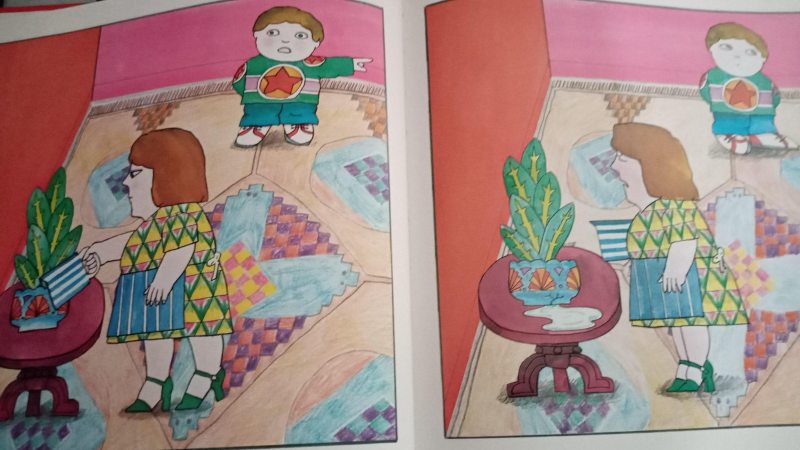
McKee’s genius lies in his refusal to soften this horrific premise. The monster doesn’t merely replace Bernard; it becomes him in the eyes of his oblivious parents, who continue their pattern of neglect even as the creature bites the father, breaks toys, and wreaks havoc. The final scene—with the monster in Bernard’s bed, confessing “But I’m a monster” only to receive the familiar dismissal—crystallizes the book’s devastating critique of parental indifference.
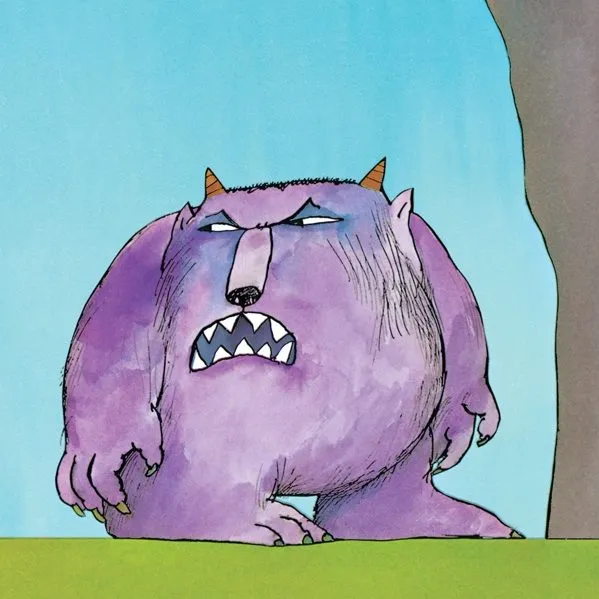
McKee’s illustrations complement the text with remarkable subtlety, employing vibrant colors that belie the story’s dark themes. The monster itself shifts between comical and terrifying, its triangular teeth and devil horns creating an ambiguous figure that embodies both Bernard’s inner transformation and the external threat of being ignored. Most crucially, McKee’s depiction of the parents reveals not malicious neglect but a kind of exhausted despair—particularly in the mother’s face, which suggests someone “who has very little left to give the world”.
##The Westworld Connection: Bernard’s Digital Descendants
The book’s exploration of identity replacement found unexpected resonance in HBO’s Westworld, where the character Bernard Lowe serves as a haunting echo of McKee’s themes. In the series, Bernard—head of the Westworld Programming Division—discovers he is actually a host (android) created in the image of Arnold Weber, the park’s deceased co-founder. The name itself is no coincidence: “Bernard Lowe” is an anagram of “Arnold Weber,” a detail that parallels McKee’s exploration of one identity consuming another.
Like McKee’s monster, Bernard the host has literally replaced the original Arnold, living his life while those around him remain oblivious to the substitution. The series’ creators deliberately drew from the existential horror of identity displacement that McKee pioneered, exploring how artificial beings can seamlessly assume human roles when those humans are too distracted or indifferent to notice the difference. Ford’s creation of Bernard mirrors the parents’ inadvertent creation of their own monster through neglect—both stories asking what happens when we stop truly seeing those closest to us.
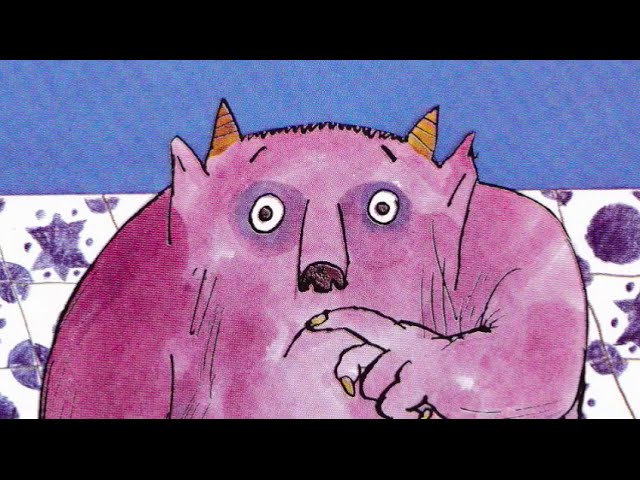
Upon publication, Not Now, Bernard sparked considerable controversy, with some reviewers questioning whether children would find appeal in a story where the protagonist is literally devoured. Kirkus Reviews expressed doubts about its child-friendliness, and some libraries initially banned it for violence. However, the book’s supporters recognized its deeper psychological truth—that children often feel invisible to their parents, and that neglect can indeed transform a child into something unrecognizable.
The book has since been translated into more than 20 languages and has sold over 5 million copies, never once going out of print. Critics have praised it as “arguably the finest children’s book ever written” and “a cautionary tale of the perils of ignoring children”. The 2020 40th anniversary edition updated the parents’ distractions to include digital devices, proving the story’s continued relevance in our screen-obsessed age.
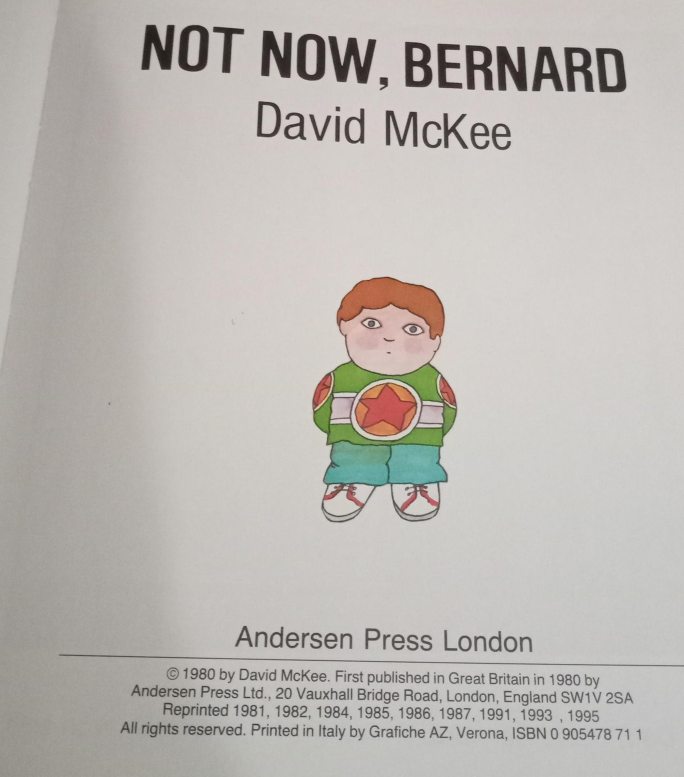
For collectors, first edition copies of Not Now, Bernard from 1980 represent a significant investment. The original Andersen Press hardcover first edition, when found in fine condition, can command prices ranging from £300 to £900 at auction, depending on condition and provenance. A particularly notable example is a signed limited 35th anniversary edition from 2015, limited to just 300 copies and personally signed by McKee, which sold for over £1,200.
The 2015 collector’s edition hardback, featuring exclusive art prints and housed in a purple illustrated slipcase, represents the pinnacle of Not Now, Bernard collecting. These editions, signed by the late David McKee (who died in 2022), have become increasingly valuable following the author’s death, with pristine copies now selling for £900-£1,600 among serious collectors of contemporary children’s literature.
Not Now, Bernard remains a masterwork of children’s literature precisely because it refuses to comfort or console. Instead, it holds up a mirror to parental failure and childhood invisibility, creating a monster that is both literal and metaphorical—a creature born not from malice, but from the simple, devastating act of not paying attention. In our age of endless distractions, McKee’s purple monster feels more relevant than ever, a reminder that the greatest horrors often wear familiar faces and answer to familiar names.











